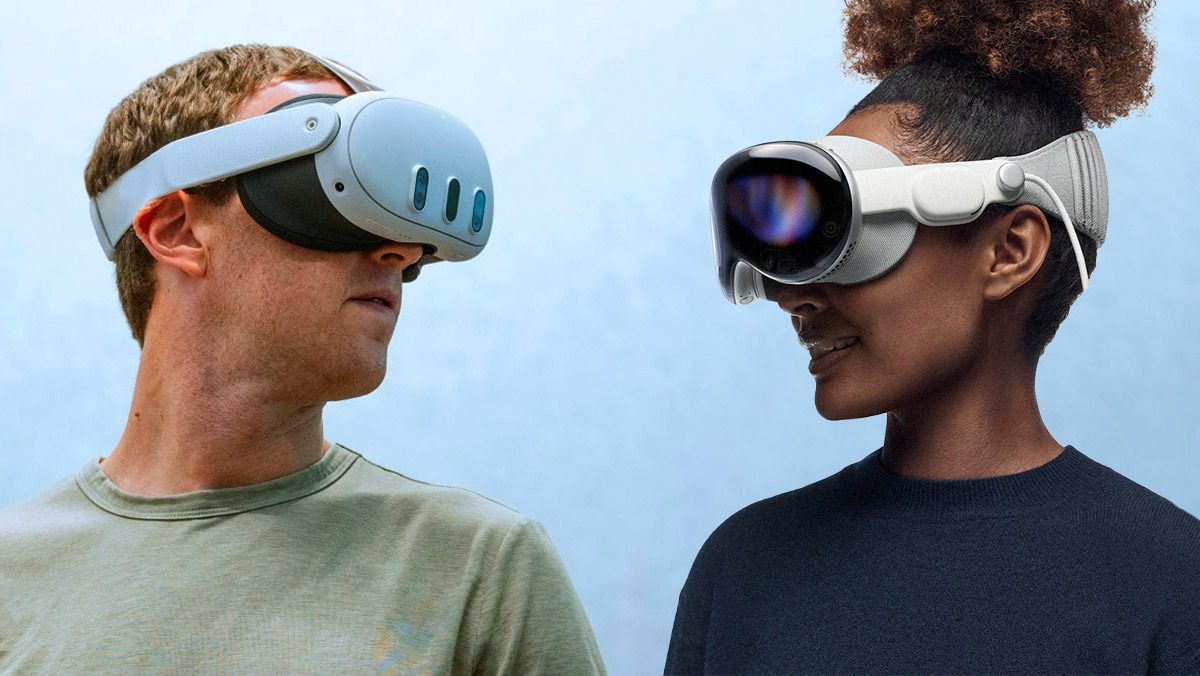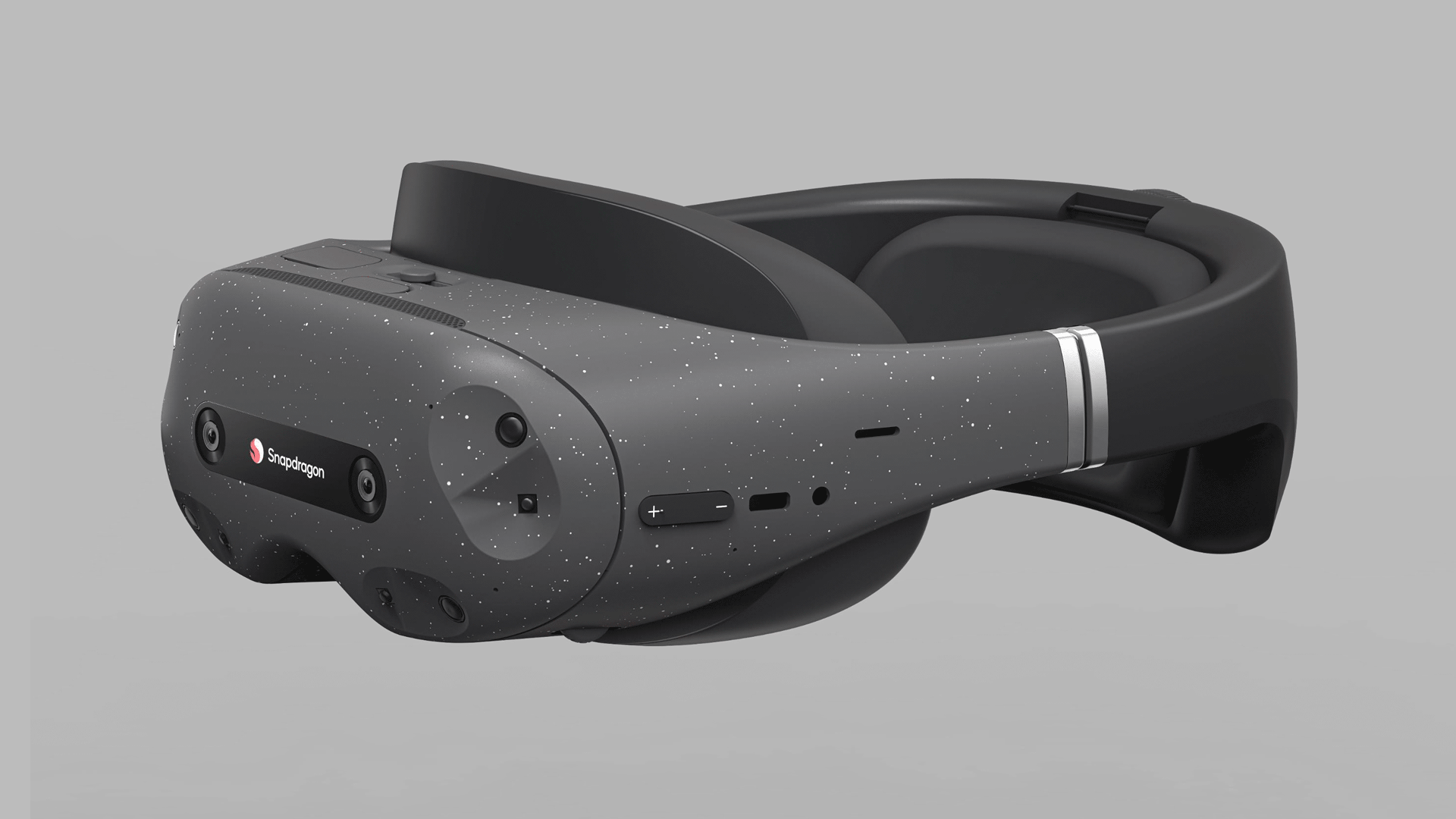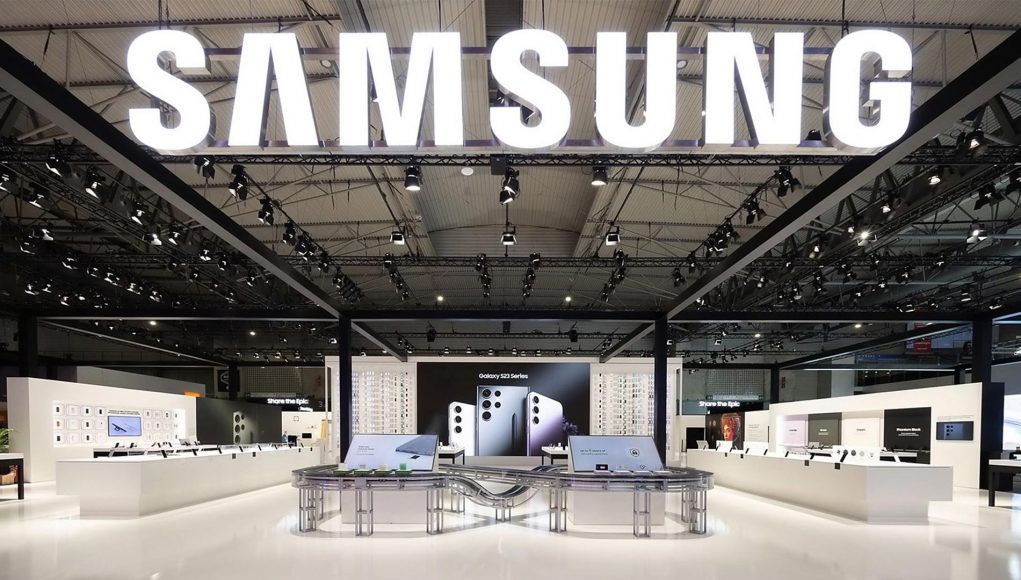Samsung has partnered with Google to make an XR headset, although the South Korean tech giant hasn’t tipped its hand on what to expect just yet. Despite its $3,500 sticker price, Vision Pro has shown that big and expensive is okay as long as you can engage diehard fans with compelling hardware and greater ecosystem integration. That’s a patently Apple recipe though that Samsung may not be able to easily replicate. The question is: what can Samsung bring to the table that Apple and Meta can’t? The answer may be Google, but only if it can commit.
The Meta-Apple Binary in the Making
You can’t talk about consumer XR right now without first mentioning Meta, which has undoubtedly dominated the standalone segment since the release of Quest in 2019, leaving would-be competitors to either cater to enterprise or basically stay in markets where the social media giant simply won’t (or can’t) go. That early market lead has provided the company ample time to build up an impressive content library, which has also essentially made Quest the default target platform for many XR app developers over the past four years.
Now that Apple has released Vision Pro, that landscape is set to change, although maybe not right away. At seven times the price of Quest 3, Vision Pro isn’t really a direct competitor in terms of cost-performance, but it appears Meta is gearing up anyway to deal with the future threat of successive Apple headsets.

Meta CEO Mark Zuckerberg drew some fairly clear battle lines in a recent video after trying Vision Pro himself, as he compares the two companies to computing binaries from the past. Like Windows vs. MacOS in home computers, or Android vs. iOS in mobile, Zuckerberg says he wants Quest to be the ‘open’ model in XR, while he thinks Apple will be ‘closed’, as Apple is ostensibly set to continue its walled garden approach to how it handles apps and ecosystem services on its family of devices.
Far be it from me to suggest they’re both fairly closed, although a very real binary is already here for XR enthusiasts. For now, Apple is positioning Vision Pro as a general computing device thanks to its interconnected ecosystem of iOS apps and services, while Meta is at the lower-end of the spectrum with its console-like Quest 2 and Quest 3 headsets, both of which are subsidized to encourage app sales—priced at $250 and $500 respectively.
While there’s some definite overlap in functionality, this leaves some pretty weird territory for Samsung to enter in the near term. Meta has games and Apple has its ecosystem. Samsung doesn’t really have either.
Samsung’s Balancing Act
At this point, it seems unlikely that Samsung can replicate either Apple or Meta’s specific way of doing things when it comes to releasing a standalone XR headset. Meta has invested tens of billions of dollars in XR over the years building out its console-like Quest platform, meanwhile Apple has been cooking up Vision Pro over the past decade to integrate seamlessly with its wider hardware ecosystem.
While Samsung’s headset is reportedly slated to compete with Vision Pro, we don’t precisely know what that means: Samsung could be hoping to undercut Vision Pro’s $3,500 price point with similar MR hardware, or serve up something closer to the ostensibly soon-to-be discontinued $1,000 Quest Pro, which didn’t find the footing Meta hoped for despite an excellent content library.
What we do know is the company is working with Google to provide software, and Qualcomm for its XR chip expertise. To boot, last month Qualcomm showed off a new reference MR headset made in partnership with Goertek which could point to the sort of features to expect from Samsung, as the company is using the chip-maker’s new Snapdragon XR2+ Gen 2 processor.

The Qualcomm reference headset includes eye-tracking from Tobii, support for 4,300 × 4,300 resolution per-eye at 90Hz, 12 concurrent cameras, pancake lenses, hardware IPD adjustment, microphone array, 3.5mm headphone port, and Wi-Fi 6/6E/7. That’s not to say Samsung will include all those features, but it’s possible with Snapdragon XR2+ Gen 2. Provided that carries over to Samsung hardware, it would put it somewhere north of Quest Pro in hardware features, and very likely price as well.
And we have every reason to believe Samsung will offer competent hardware too. While the Korean tech giant hasn’t created its own consumer XR platform before, in addition to being a leading display manufacturer Samsung has produced its own PC VR headsets and the smartphone-based Gear VR platform, the latter of which laid the foundation for Oculus Go and Meta Quest.
As for Google, we simply don’t know at this point how big of an involvement it will have in creating anything beyond the headset’s Android-based OS. Considering Google killed its home-grown Daydream platform in 2019, and then gutted its AR hardware team earlier this year, the company may not be in a position to lend a hand to do something as monolithic as laying the foundation for the sort of hardware-agnostic VR platform that Daydream opined to be when it launched its first (and last) standalone Daydream headset with Lenovo in 2018. Google could certify the headset to bring a massive catalogue of Android apps to Samsung’s headset by default like Apple did with its iOS apps, but then again, it might not, which could hobble Samsung’s headset and rob it of an early start as the true Android competitor to Vision Pro.
– – — – –
Here’s the cynic in me: what Samsung could do to win a steady place between Apple and Meta is probably very different from what it will do. I’m expecting the company to offer great, but expensive hardware that doesn’t really succeed at offering meaningful competition to either Meta or Apple in the near term. It’ll get Samsung’s skin in the game so the company can figure out where it fits best as the market moves, but it probably won’t co-opt Google into launching the Daydream that wasn’t.
And in the wake of Apple’s entrance, it’s likely Samsung won’t be alone in entering the standalone XR space for the first time. Valve is widely rumored to be working on its own headset, codenamed ‘Deckard’, which recently was the subject of a meme-fueled website that looked to troll VR hopefuls with the release of the very fake ‘Valve Prism’.
Will Samsung offer a compelling third option in the gulf between Meta and Apple? Or are you waiting for Valve’s next move? Let us know in the comments below!







